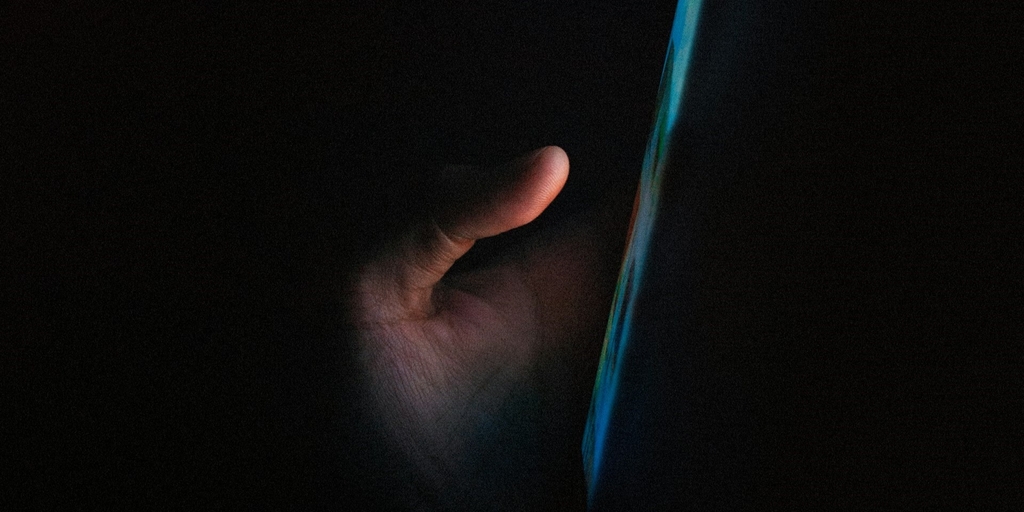Second Reading of the Digital Economy Bill
Online Safety
On Tuesday the House of Lords gave the Digital Economy Bill its Second Reading.
On the one hand it was very encouraging to hear a significant number of Peers welcome the amendments that were made in the Commons - for which CARE campaigned - to ensure that the requirement for robust age-verification checks on websites with pornographic content is fully enforceable. It was also encouraging that CARE was mentioned in the debate.
On the other hand, however, we were concerned that some Peers (unlike MPs) argued that if online pornography can only be accessed after age-verification, there should therefore be a relaxation of the current restrictions on access for adults to some particularly disturbing forms of pornography. This would mean that the controls currently applied to this material offline, would not be applied online.
Happily the Government resisted these calls but we are concerned this is an issue in relation to which further debate now seems likely.
We were very pleased that Peers made the case for further improvements to the Bill’s provisions to enforce the age-verification requirements, particularly in relation to the role played by payment providers, like Visa and Paypal.
The case for these improvements – which CARE strongly supports – was made powerfully by Lord Morrow and Baroness Benjamin.
In addition some very important arguments were set out by Baroness Howe in relation to the Government’s stated intention to amend the Bill to promote another child protection tool, adult content filters.
Unlike the age-verification checks introduced by the Digital Economy Bill which focus narrowly on pornography, adult content filters deal with adult content in the round, including violence, drug use, self-harm, gambling etc., as well as pornography, so their role is not replaced by age-verification.
Former Prime Minister, David Cameron worked with the internet service providers to promote adult content filters, but in October 2015, acknowledged that the voluntary adult content agreement that he had negotiated with the four largest internet service providers was threatened by the new European Union Net Neutrality Regulations. The Prime Minister was able to announce, however, that he had negotiated an opt-out whereby, if Britain placed the voluntary agreement on a statutory basis, the Regulations would not be infringed. He confirmed that new legislation to achieve this would be introduced.
On 28 November 2016, however, the Government announced that although new legal advice suggested this was not necessary, it would introduce an amendment to the Digital Economy Bill in the Lords making it clear that it would be legal for internet service providers to offer adult content filtering as a default-on service if they wish.
In an important speech, Baroness Howe questioned the Government’s legal advice and argued that the only way to achieve compliance with the Net Neutrality Regulations would be for the law to be amended to require all internet service providers to provider adult content filtering options.
The Bill now moves to its Committee Stage which we expect will begin in January.





Share story
Second Reading of the Digital Economy Bill